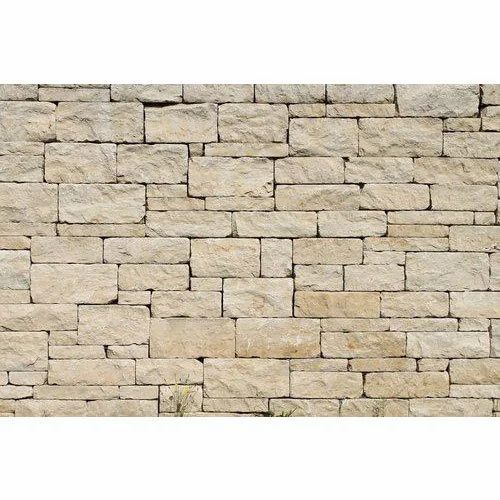In the world of construction and home improvement, the term 'plaster' is a familiar one. It's a versatile material, used for coating walls and ceilings, creating architectural decorations, and even for creating casts for broken bones in the medical field. But with so many types of plaster available in the market, one question often arises: What is the strongest plaster?
The answer to this question is not as straightforward as it may seem. The strength of plaster depends on several factors, including its composition, application, and curing process. However, based on compressive strength, durability, and versatility, gypsum plaster often takes the crown as the strongest plaster.
Gypsum plaster, also known as plaster of Paris, is made by heating gypsum, a naturally occurring mineral, to approximately 300 degrees Fahrenheit, which removes water from the mineral in a process called calcination. The result is a fine, white powder that, when mixed with water, forms a paste that hardens quickly.
One of the key strengths of gypsum plaster is its high compressive strength. It can withstand significant pressure without cracking or crumbling, making it ideal for use in walls and ceilings. Additionally, gypsum plaster is highly durable. It resists wear and tear, and it's less likely to get damaged by impact or abrasion compared to other types of plaster.
Another factor that contributes to the strength of gypsum plaster is its versatility. It can be used in a variety of applications, from creating smooth, flat surfaces on walls and ceilings, to crafting intricate architectural details. It's also compatible with a wide range of paints and finishes, allowing for a high degree of customization.
However, it's important to note that while gypsum plaster is strong, it's not necessarily the best choice for every application. For instance, it's not suitable for outdoor use as it's not waterproof. For exterior applications, cement plaster, which is a mixture of sand, cement, and water, is often a better choice due to its water resistance and durability.
In conclusion, while the title of 'strongest plaster' can vary depending on specific requirements and applications, gypsum plaster often stands out due to its high compressive strength, durability, and versatility. However, it's always important to consider the specific needs of your project when choosing a plaster.


